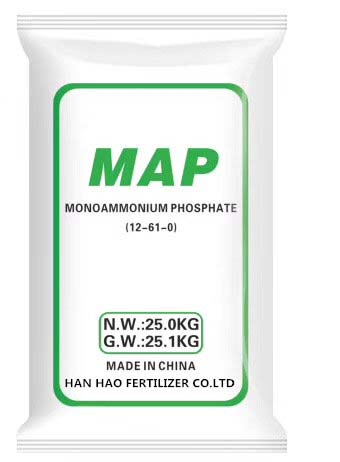
Nov . 29, 2024 10:54 Back to list
Effects of High Nitrogen Fertilizer on Crop Growth and Soil Health
The Importance of High Nitrogen Fertilizers in Modern Agriculture
Agriculture has always played a pivotal role in human civilization, providing the sustenance needed for survival and economic stability. As the global population continues to grow, there is an increasing demand for food production. To meet this demand, farmers are continuously seeking methods to enhance crop yields. One of the most effective ways to achieve this has been through the use of fertilizers, particularly high nitrogen fertilizers.
Nitrogen is an essential nutrient for plant growth. It is a critical component of amino acids, which are the building blocks of proteins, and it plays a significant role in the synthesis of chlorophyll, the pigment responsible for photosynthesis. A deficiency in nitrogen can lead to stunted growth, yellowing leaves, and, ultimately, a significant reduction in crop yield. This is where high nitrogen fertilizers come into play.
High nitrogen fertilizers contain an elevated percentage of nitrogen in their composition, typically over 30%. Some common forms of high nitrogen fertilizers include urea, ammonium nitrate, and calcium nitrate. These fertilizers are specially formulated to quickly supply nitrogen to plants, promoting vigorous growth and higher yields. When applied appropriately, they help optimize the growth potential of various crops, ranging from cereals to vegetables.
One of the primary benefits of using high nitrogen fertilizers is the boost they provide to crop productivity. Studies have shown that crops receiving adequate nitrogen often exhibit improved growth rates and higher biomass accumulation. This increased productivity is crucial for meeting the rising food demands of the global population. By enhancing yields, farmers can produce more food on the same amount of land, thereby reducing the pressure on natural resources and minimizing deforestation and land conversion for agricultural purposes.
high nitrogen fertilizer

Additionally, high nitrogen fertilizers can improve the quality of crops. For instance, in cereal crops like wheat and corn, sufficient nitrogen availability can lead to a higher protein content, which is beneficial for both human consumption and animal feed. This quality improvement can significantly impact market prices, providing farmers with better economic returns and contributing to food security.
However, the use of high nitrogen fertilizers comes with its challenges. Over-application can lead to environmental issues, including soil degradation, water pollution, and greenhouse gas emissions. Nitrogen runoff from agricultural fields often finds its way into nearby water bodies, leading to eutrophication—a process that depletes oxygen in the water and harms aquatic life. To mitigate these negative effects, it is essential for farmers to adopt best management practices when using these fertilizers.
Precision agriculture is one of the strategies that can help optimize nitrogen use. By utilizing technologies such as soil testing, crop monitoring, and data analysis, farmers can apply the right amount of nitrogen at the right time, minimizing waste and environmental impact. Furthermore, integrating organic amendments, such as manure or compost, can also improve soil health while providing a more sustainable nitrogen source.
Research and development in the field of fertilizers have also led to the creation of slow-release and controlled-release nitrogen fertilizers. These innovative products are designed to supply nitrogen gradually, reducing the risk of leaching and ensuring that plants have a steady supply of nutrients throughout their growth cycle. This not only enhances efficiency but also promotes sustainable agricultural practices.
In conclusion, high nitrogen fertilizers are an indispensable tool for modern agriculture, providing the necessary nutrients that crops need to thrive. When used responsibly and in conjunction with sustainable practices, they can significantly contribute to increased food production and improved crop quality. As we face the challenges of feeding a growing population in an environmentally responsible manner, the effective use of high nitrogen fertilizers will be crucial in ensuring agricultural sustainability and food security for future generations. By continuously exploring and implementing advanced fertilization techniques, the agricultural sector can strike a balance between productivity and environmental stewardship, paving the way for a more sustainable future.
-
Premium Amino Acid Fertilizer | Rapid Plant Growth Booster
NewsJul.31,2025
-
10 10 10 Fertilizer Organic—Balanced NPK for All Plants
NewsJul.30,2025
-
Premium 10 10 10 Fertilizer Organic for Balanced Plant Growth
NewsJul.29,2025
-
Premium 10 10 10 Fertilizer Organic for Balanced Plant Growth
NewsJul.29,2025
-
Premium 10 10 10 Fertilizer Organic for Balanced Plant Growth
NewsJul.29,2025
-
50 Pound Bags of 13-13-13 Fertilizer for All Plants – Bulk & Organic Options
NewsJul.28,2025
